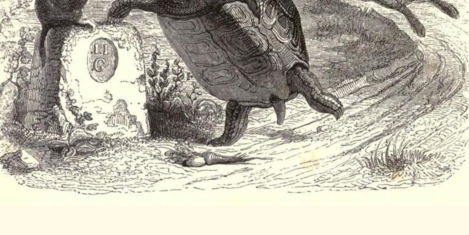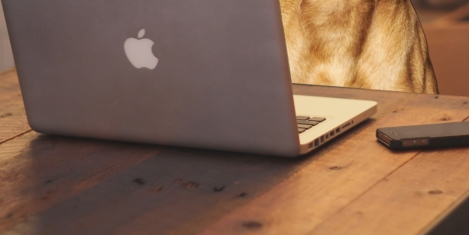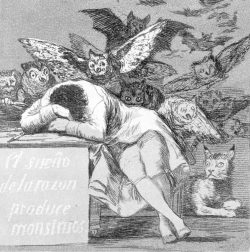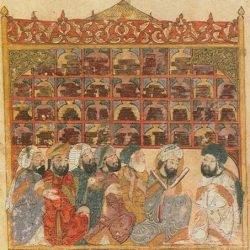To provide the best experiences, we use technologies like cookies to store and/or access device information. Consenting to these technologies will allow us to process data such as browsing behaviour or unique IDs on this site. Not consenting or withdrawing consent, may adversely affect certain features and functions.
The technical storage or access is strictly necessary for the legitimate purpose of enabling the use of a specific service explicitly requested by the subscriber or user, or for the sole purpose of carrying out the transmission of a communication over an electronic communications network.
The technical storage or access is necessary for the legitimate purpose of storing preferences that are not requested by the subscriber or user.
The technical storage or access that is used exclusively for statistical purposes.
The technical storage or access that is used exclusively for anonymous statistical purposes. Without a subpoena, voluntary compliance on the part of your Internet Service Provider, or additional records from a third party, information stored or retrieved for this purpose alone cannot usually be used to identify you.
The technical storage or access is required to create user profiles to send advertising, or to track the user on a website or across several websites for similar marketing purposes.
 The idea of diffusion of innovation has become so embedded in our culture, and most recently so associated with the adoption of new technology, that we might assume it happens in predictable ways. The steps between innovators, early adopters, early majority, late majority, and laggards seem intuitive and certain even when their peaks might be unsure. And yet history teaches us that sometimes new ideas can take years or even decades to take hold, even when they are potentially world-changing and relevant for the era in which they were formulated. More →
The idea of diffusion of innovation has become so embedded in our culture, and most recently so associated with the adoption of new technology, that we might assume it happens in predictable ways. The steps between innovators, early adopters, early majority, late majority, and laggards seem intuitive and certain even when their peaks might be unsure. And yet history teaches us that sometimes new ideas can take years or even decades to take hold, even when they are potentially world-changing and relevant for the era in which they were formulated. More →









 You don’t have to look far to find misinformation. Just a few weeks ago, amid the aftermath of the coup in Niger, online platforms were being
You don’t have to look far to find misinformation. Just a few weeks ago, amid the aftermath of the coup in Niger, online platforms were being 










 American employees are wasting hundreds of contracted work hours a year using their work equipment for personal tasks and activities, according to a new survey from ExpressVPN. The survey, conducted by the consumer privacy and security company, found that some people are spending only 33 percent of annual contracted hours on work tasks. With a steep rise in hybrid and home working in recent years, many companies have provided employees with work devices to use in the comfort of their own homes, including work laptops, desktops, phones, and microphones.
American employees are wasting hundreds of contracted work hours a year using their work equipment for personal tasks and activities, according to a new survey from ExpressVPN. The survey, conducted by the consumer privacy and security company, found that some people are spending only 33 percent of annual contracted hours on work tasks. With a steep rise in hybrid and home working in recent years, many companies have provided employees with work devices to use in the comfort of their own homes, including work laptops, desktops, phones, and microphones. 





















February 27, 2024
Where are the iconic office furniture products of yesterday?
by Mark Eltringham • Comment, Workplace design